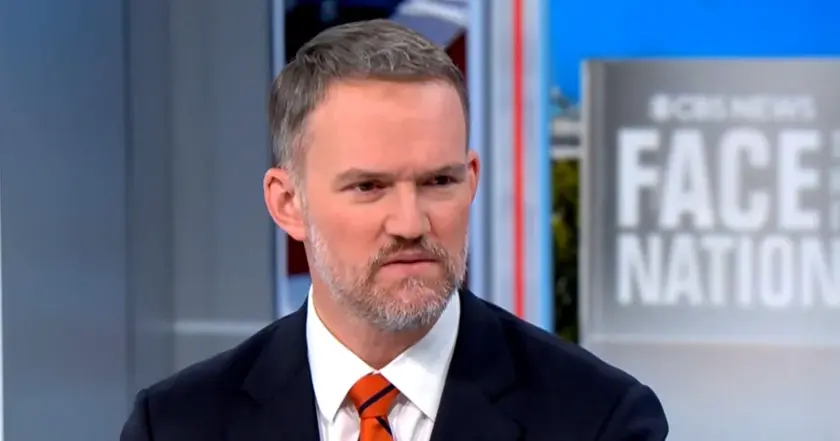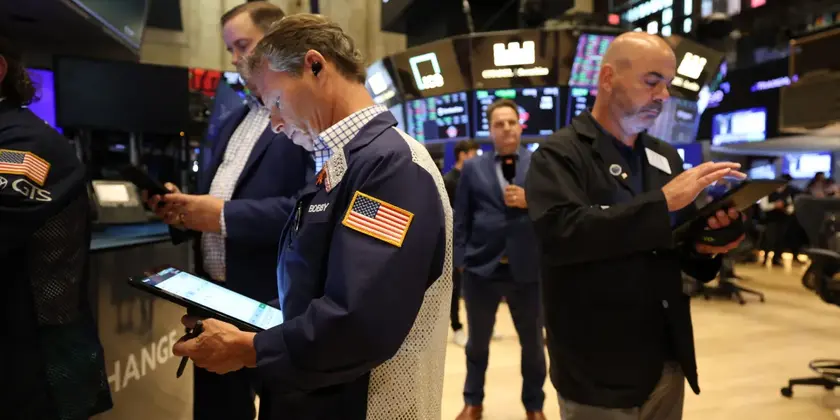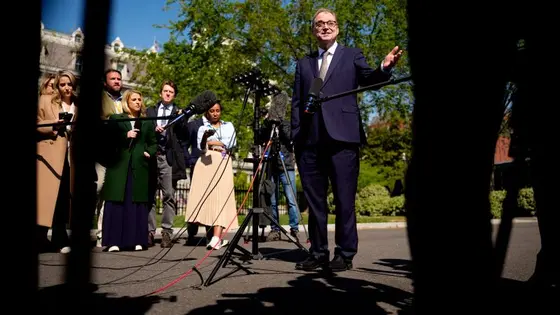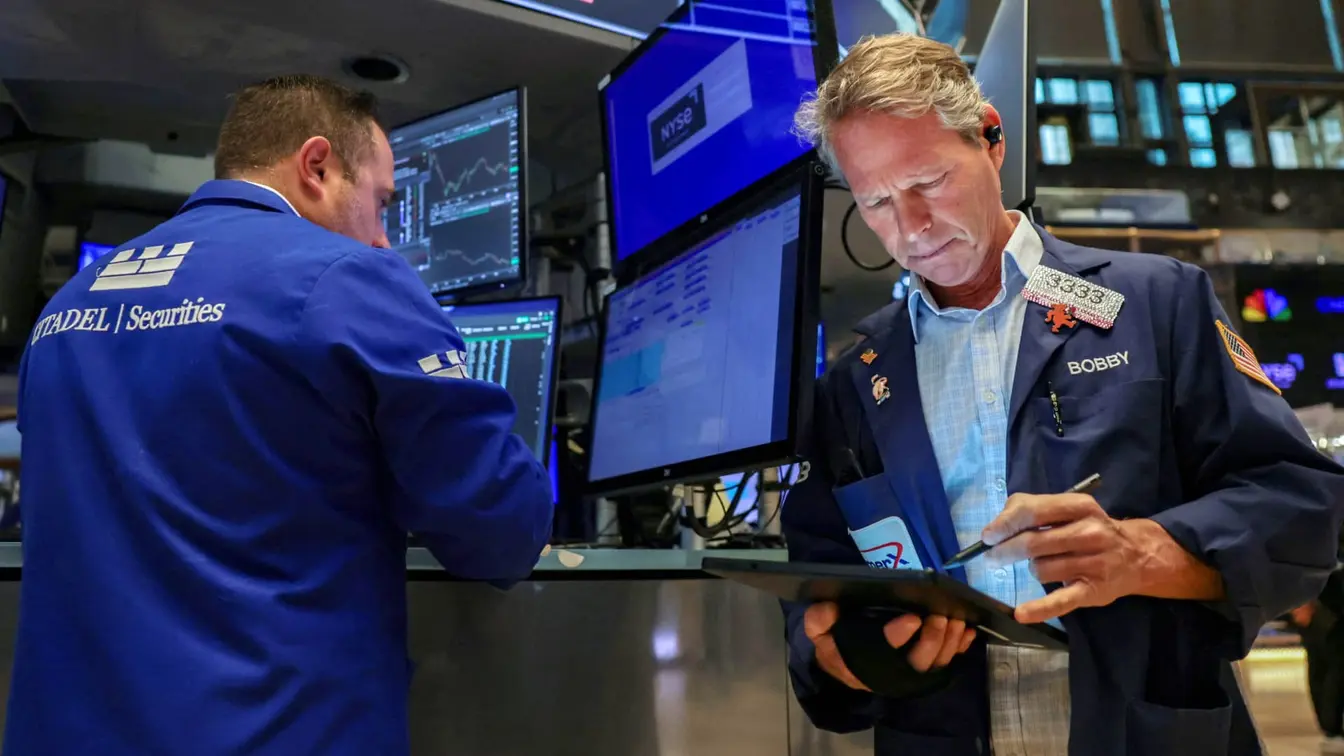T4K3.news
Tariffs go into effect with uncertain economic future
Trump's tariffs have started, signaling potential challenges for U.S. workers and the economy.

The U.S. begins imposing tariffs on imports from over 60 countries while the economy shows distress signs.
Trump implements tariffs amid signs of economic discomfort
President Donald Trump officially enacted higher import tariffs Thursday on goods from more than 60 countries, including the European Union. The White House stated that tariffs would start at 10% or higher, with rates reaching 15% for products from the EU, Japan, and South Korea, and 20% for imports from Taiwan, Vietnam, and Bangladesh. Trump believes that such measures will stimulate the U.S. economy and attract international investments. However, economic indicators show hiring is stalling, inflation is increasing, and construction spending has fallen by 2.9%. Critics warn that the tariffs could harm American workers and reduce real wages. Furthermore, legal challenges may complicate the tariffs' implementation.
Key Takeaways
""
Trump's ambitious claims of economic growth could be overshadowed by tangible economic distress.
"The higher tariff prices lower workers' real wages."
John Silvia points out how tariffs may reduce wage levels across the economy.
"There's no rationale for this other than the president wanting to raise tariffs based upon his whims."
Former Speaker Paul Ryan voices skepticism about the motives behind the tariffs.
"There's one person who can afford to be cavalier about the uncertainty he's creating, and that's Donald Trump."
Rachel West reflects on Trump's unique position amid growing economic concerns.
The introduction of these tariffs seems to illustrate a broader tension between protectionism and economic stability. While Trump touts the potential for renewed American manufacturing, many economists predict that the repercussions of these tariffs will cause gradual economic erosion rather than an immediate downturn. This suggests that the impact of tariffs could be subtle yet pervasive, potentially leading to significant long-term consequences for U.S. workers and businesses.
Highlights
- Trump's tariffs may feel bold today but could create problems tomorrow.
- The economy could slow down like fine sand in the gears.
- Higher tariffs risk lowering real wages for American workers.
- Trump's unpredictability keeps Americans on edge.
Concerns over economic impact of tariffs
The implementation of tariffs raises risks of job losses, reduced wages, and economic instability in the U.S. Many economists warn about the long-term harm these measures might cause. Legal challenges may further complicate the situation.
As tariffs reshape the landscape, the economic future remains uncertain for many Americans.
Enjoyed this? Let your friends know!
Related News

Nintendo Raises Switch Prices Effective August 2025

Trump’s federal layoffs trigger economic concerns

Stock market exceeds Buffett’s risk indicator

Dow futures decline as recession fears rise

Gold prices rise as tariffs enter the market

U.S. establishes firm tariff rates

Investors brace for possible market shifts as Trump escalates tariffs

Trump fires Labor Statistics Commissioner McEntarfer
